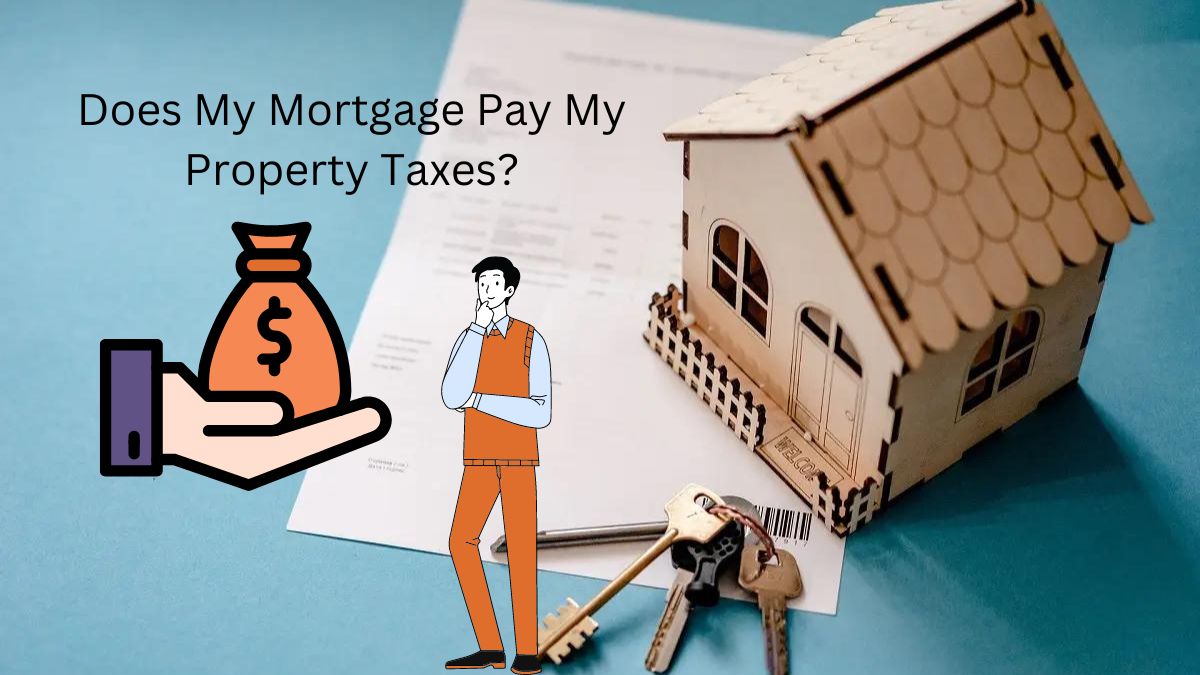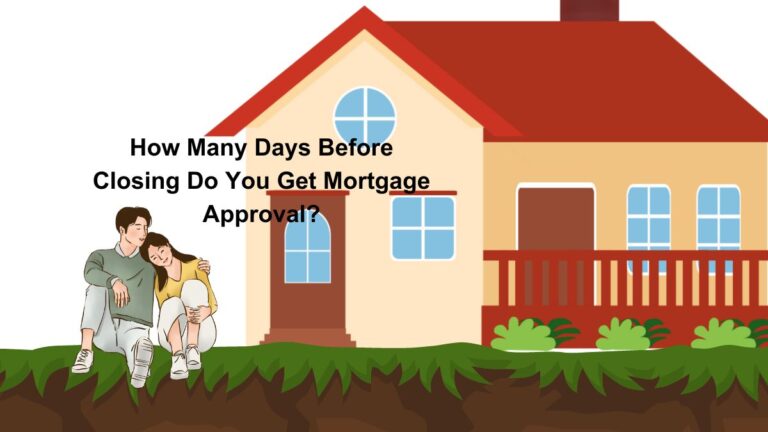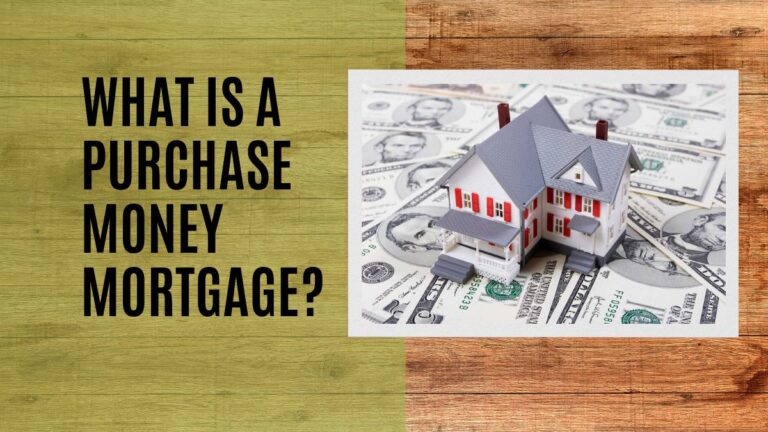Does My Mortgage Pay My Property Taxes?
Are you a homeowner who’s ever wondered, “Does my mortgage pay my property taxes?” Well, wonder no more! In this blog post, we’ll dive into the nitty-gritty of how your mortgage and property taxes are intertwined.
Whether you’re a new homeowner or have been in the game for years, understanding this relationship is crucial for financial planning and peace of mind. So let’s unravel the mystery together and get some clarity on one of homeownership’s most common questions!
What is a Mortgage?
A mortgage is a loan taken out to purchase the property. The lender agrees to pay the cost of the property’s down payment, interest on the loan, and any applicable taxes on the sale of the property.
Types of Mortgages
There are several types of mortgages and each can have different consequences when it comes to paying property taxes.
The most common type of mortgage is a fixed-rate mortgage. This means the interest rate on the loan remains the same throughout the term of the loan, which can be important if you’re worried about rising property taxes.
If you’re looking for a mortgage that offers more flexibility in terms of your monthly payment, a variable-rate mortgage may be a better option. With a variable-rate mortgage, your interest rate can go up or down based on market conditions, which could make it easier to cover your property taxes if they increase unexpectedly.
If you plan to stay in your home for a long period of time, borrowing money against it through a home equity line of credit (HELOC) could be an attractive option. A HELOC allows you to borrow against the value of your home, which means you don’t have to worry as much about fluctuations in property values affecting your ability to pay back the loan.
How Does a Mortgage Pay My Property Taxes?
Property taxes are a necessary cost of owning a home. Although most mortgages will pay your property taxes, there are some things to keep in mind when investigating this option.
First, it is important to understand the difference between federal and local taxes. Federal taxes are paid by the homeowner and go towards programs like Social Security and Medicare. Local taxes, on the other hand, are paid by the property owner and go towards public services like schools and police departments.
It is also important to understand how property taxes work. Most properties have two types of taxes: an annual tax and a monthly tax. The annual tax is paid once per year, while the monthly tax is paid each month.
If your mortgage covers both your annual and monthly taxes, then you will only need to pay one payment each year. However, if your mortgage only covers your monthly taxes, then you will need to make two separate payments each year – one for the annual tax and one for the monthly tax.
It is important to remember that not all mortgages will cover your property taxes. Some lenders may require you to get a separate mortgage specifically for property tax payments. If you have questions about whether or not your mortgage pays your property taxes, be sure to speak with a lender or financial advisor who can help you decide what is best for you
Tax Deductions for Mortgage Payments
There are many tax deductions available for homeowners who make mortgage payments. Some of the most common deductions include interest on your mortgage, property taxes, and home insurance. It’s important to keep track of your deductions so you don’t overpay taxes on your income.
Here are some tips to help you get the most out of your mortgage payment deductions:
- Compare interest rates. Different lenders offer different interest rates, so it’s important to compare apples to apples when determining which loan will save you money in the long run.
- Check your federal and state income taxes withholdings. If you receive a refund each year from your employer, be sure to include that money when calculating your mortgage deduction amount since it reduces the amount of taxable income you have to report on your tax return.
- Factor in additional costs associated with owning a home such as property taxes, home insurance premiums, and maintenance fees. These costs can significantly impact how much money you’re actually saving each month by making monthly mortgage payments.
Conclusion
If you own a property, it’s important to know that your mortgage does not always pay the property taxes. Your lender will usually require you to pay the taxes yourself, even if you have a mortgage on your home. This is because mortgages are designed as a long-term financial investment, and the lender doesn’t want any potential risks associated with paying taxes late or not at all.
If you’re unsure about how much tax your property owes each year, speak with an accountant or contact your local government office. They can help you navigate these waters and ensure that all of the proper taxes are paid on time.






